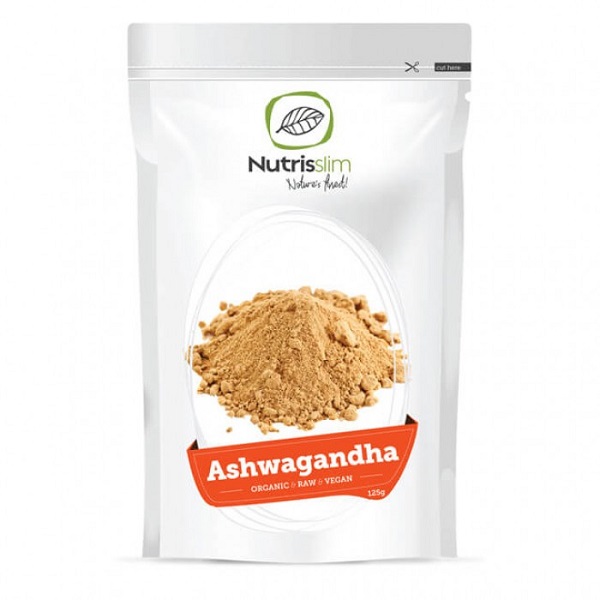Ashwagandha, as mentioned above, is a potent herb used in the Ayurvedic tradition to treat a high number of psychophysical conditions.
The ashwagandha plant, one of the most powerful herbs in Ayurvedic healing, has been used since ancient times for a wide variety of conditions. It is very famous for its restorative and regenerative benefits. For this reason, it was chosen to be given this particular name as well. It is a Sanskrit term meaning “horse smell,” wanting to indicate that the herb has the potential to impart vigor and strength to a stallion.

There is another school of thought that wants to explain its name: it seems ashwagandha root has an odor that reminds of horse sweat. The latter certainly makes it less inviting to use.
Traditionally, Ashwagandha was prescribed a nerve tonic to help the body adapt to various emotional and physical stressors. It has been widely used in India for nearly 5,000 years to treat conditions such as insufficient physical weight in children and material weakness in old age and rheumatism, constipation, insomnia, nervous diseases, stress, goiter, joint inflammation, parasites, and hormonal balance. Moreover, we have evidence in ancient writings that, also in India, was prepared a paste made of ashwagandha root powder used to treat boils, ulcers, and other skin irritations and infections.
Ashwagandha today: where it comes from and what it is used for
Ashwagandha, which you can buy in the Vegamega online store, is well known as a supplement to boost the immune system following an illness such as stomach viruses or flu but also following chemotherapy treatments or surgery. It is a highly effective remedy (and widely used for this) to help reduce stress levels and anxiety by lowering cortisol levels.
Ashwagandha is often referred to as the “Indian ginseng” because of its rejuvenating properties, although in botany, the two plants are unrelated and do not share any traits.
